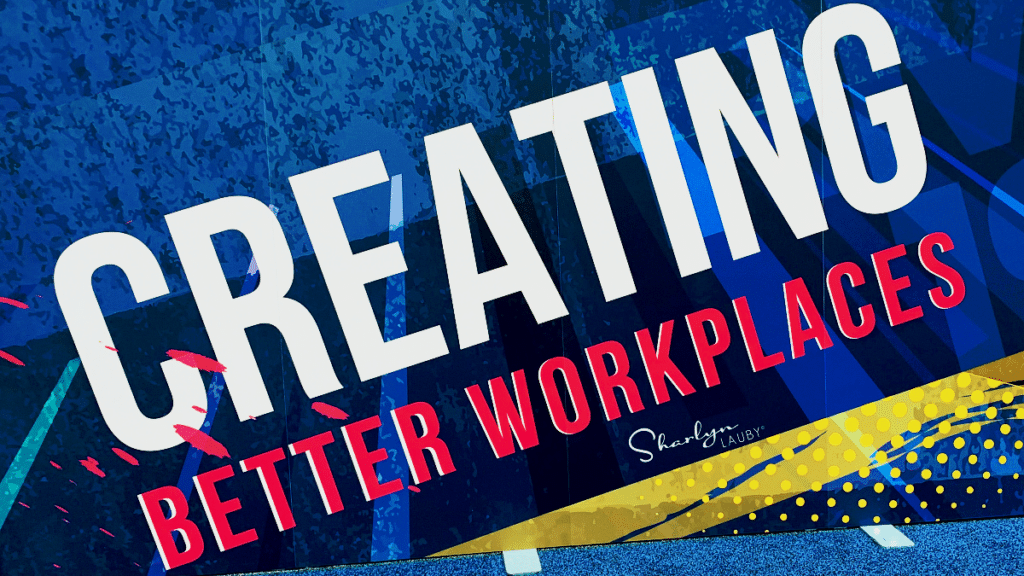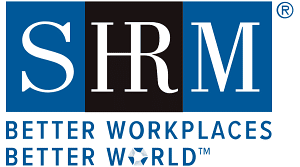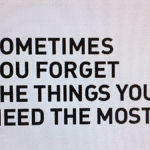Estimated reading time: 8 minutes
I want to share a quick story. Years ago, I had started a new job, and my boss told me that one of the challenges in the human resources department was that the offices were “cold”, meaning that employees didn’t feel they could approach HR and talk with them about what was happening in the workplace. The reason I remember this story is because after some time, my boss came into the HR offices and talked about how “warm” it was. And it wasn’t the literal temperature … it was that employees would come by HR and talk with us.
I’m sharing this story because HR professionals have an opportunity right now to help their organizations “manage the temperature” of the work environment. I think we all realize there is tension in today’s workplaces, and it has an impact on our employees and our organizations.
The good news is that there are tools and activities that can help us, like a civility index. But before I get into that, to help us understand more about workplace civility, I asked Alexander Alonso, PhD, chief knowledge officer at the Society for Human Resource Management (SHRM) to share some data and insights. Alex is the author of “Talking Taboo: Making the Most of Polarizing Discussions at Work” and “The Price of Pettiness: Bad Behavior in the Workplace and How to Stomp It Out”.
Hi Alex. Thanks so much for coming back to chat with me. SHRM recently announced a new effort to spark 1 million civil conversations. Tell us more about this initiative and what prompted it.
[Alonso] Hi Sharlyn, I really appreciate you shedding light on the significance of SHRM’s initiative. The good news is we already surpassed 1 million civil conversations! However, there is still a lot more work that needs to be done to reintroduce civility to the workplace.
SHRM’s latest research shows U.S. workers reported experiencing or witnessing 201 million acts of uncivil behavior in their everyday lives just in the last quarter, which is up from 171 million uncivil acts from the first quarter. And when we talk about uncivil acts, it could be anything from being rude or disrespectful to intimidating behavior like yelling or constant interruptions…and we are learning many of these acts are related to the current political climate.
SHRM conducted a survey during recent events, such as the presidential debate, President Biden’s NATO conference, and the recent assassination attempt on former President Donald Trump. In this research, we learned 70% of U.S. workers say they have witnessed or experienced people making threats to one another and 69% say they have experienced or witnessed people being violent toward one another in their everyday life due to differences in political opinions. Much of this behavior is being brought into the office.
This paints a concerning picture of incivility in today’s workplaces, particularly as we approach Election Day. People experiencing or seeing this type of behavior in the workplace are significantly more likely to say they are unhappy with their jobs and are considering leaving within the next year.
Looking ahead, our research projects U.S. workers will experience 24 billion acts of incivility in 2024. These numbers really drive home the importance of creating environments built on respect and empathy. That’s why SHRM emphasizes the power of having civil conversations – it’s about making a difference one interaction at a time. Our focus should be on fostering an atmosphere of open communication and civil discourse, rather than taking sides on a particular issue. Creating this workplace culture is not just a matter of politeness, but rather a strategic imperative.
Given the statistics you’ve shared, I can see how there could be days when the divisiveness seems incredibly overwhelming. It might be tempting to say, “I don’t have time for this. I’m never going to convince anyone of anything.” Why is it important to engage in these civil conversation (versus just walking away from conflict)?
[Alonso] Simply walking away from the conversation is not going to de-escalate or reduce any tensions. We want to be the thermostat in the room, not the thermometer just measuring how heated a workplace can get. Engaging in civil conversation, even when it feels overwhelming, is vital for several reasons.
- First, it fosters understanding and empathy, essential for bridging divides and finding common ground.
- Second, it provides an opportunity for personal growth, challenging our own perspectives and beliefs.
- Finally, by engaging constructively, we contribute to a culture of respect and cooperation, laying the groundwork for meaningful change and progress.
The effort to have more civil conversations reminds me of your book “Talking Taboo”. Why is it important for HR professionals to help their organizations navigate these taboo topics?
[Alonso] I recall organizations’ response to various polarizing crises over the years. Many opted to ignore or, worse yet, to prohibit the mere discussion of topics happening in society. For me, it was the way my employer opted to eliminate any conversations about Elian Gonzalez and the U.S. Justice Department’s handling of the situation. As an impressionable young professional, I learned right away that organizations may want to prohibit talk, but it will never go away with 9 out of 10 working Americans admitting they have engaged in such discussions.
This puts organizational cultural norms at the heart of maintaining civility and dignity in the workplace. I knew I would be writing “Talking Taboo” back then; I did not know how much more volatile society would be in 2022 (the year of its publication).
Employers need not overstep with their employees, but they are to be prescriptive in guiding their approach to civil discourse. By setting clear expectations for employee conduct, providing training on respectful communication, and leading by example, management can help mitigate the potential for conflict and maintain a productive work environment. This may involve:
- Establishing guidelines for discussing political topics in the office
- Offering resources for employees to engage in constructive dialogue
- Promptly addressing any instances of uncivil behavior
Regardless of the reasons behind certain polarizing discussions, it is clear companies must strike a delicate balance between allowing for employee expression and maintaining order in the workplace. This shift in approach highlights the challenges faced by organizations as they navigate the complexities of employee activism and the need to maintain a harmonious work environment.
For individuals who are looking for a way to get their thoughts across in a civil manner, is there a formula/model/template that they can use to help guide the conversation?
[Alonso] Yes, of course. There are a several steps you can take to help maintain civility in any discussion, especially in the workplace:
- One is to suspend your judgment. For starters, it’s easy for us to walk into a conversation with our own mindsets, preconceived notions, and biases. It’s essential to approach the conversation open-minded and try to think from how the other person is feeling. This goes for both sides of the conversation.
- Another reminder is to take turns talking. We talked about some examples of uncivil acts at work as interrupting a co-worker. Try to take that into consideration when engaging in a conversation by allowing time for the other person to speak and for you to listen. This will help the other person feel heard.
- We also talked about being open-minded. This holds hands with empathy. Seek to understand the perspectives of others, even if you disagree. This creates a mutual respect.
- And finally, be open to asking questions. Clarify points of confusion by asking thoughtful questions. This demonstrates genuine interest and encourages constructive dialogue.
Last question. Some people might be reluctant to engage in conversation because of a “less than civil” interaction from the past. What suggestions do you have for someone who is trying to move past an unpleasant experience?
[Alonso] It is important to be open-minded when approaching this type of discussion. In fact, the person you engage with in conversation may provide another perspective you’ve never thought beforehand.
It’s also important to prioritize self-care and emotional resilience. Reflect on the experience to extract any valuable lessons, but don’t dwell on negative emotions. Focus on fostering positive interactions with others, surround yourself with supportive individuals, and be open to giving conversations another chance.
I want to thank Alex for sharing this information with us. If you want to learn more, SHRM has introduced the civility index, a research initiative to provide human resources professionals with resources to create a more civil work environment.
Alex’s comments remind me that personally, as an HR professional, I have to be aware of my own feelings as well as the organization’s needs. I must respect others even if I don’t have the same opinion or wouldn’t make the same decision. And I need to encourage others to do the same.
Discourse doesn’t disappear overnight. This is a challenge that needs to be managed at every level in the organization.
Image captured by Sharlyn Lauby after speaking at the SHRM Annual Conference in Las Vegas, NV. Society for Human Resource Management (SHRM) logo used with permission.









